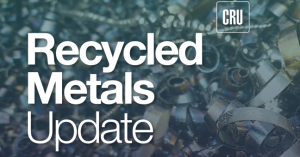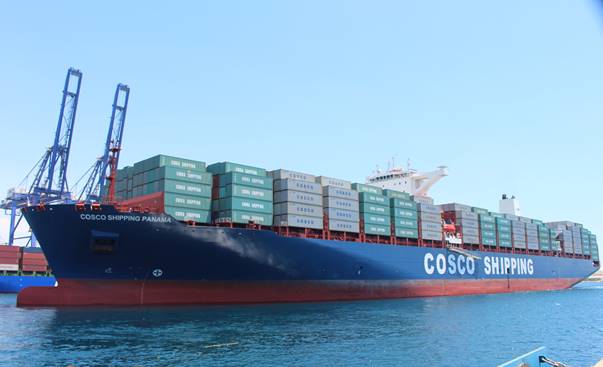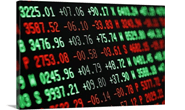
CSPA cheers Canada decision to investigate Chinese EVs
The Canadian Steel Producers Association (CSPA) has lauded Canada’s decision to launch an investigation into China’s unfair trade practices in electric vehicles (EVs). However, the association hopes the government will go even further and extend the investigation into other sectors.










